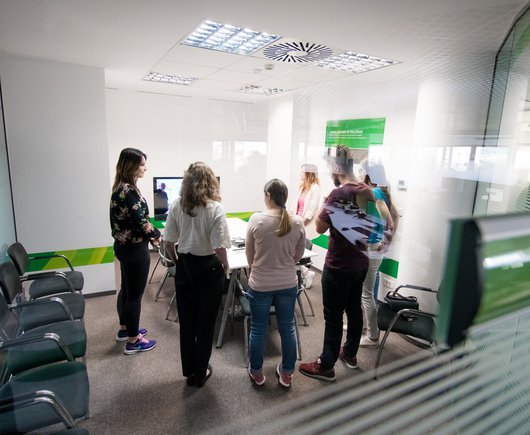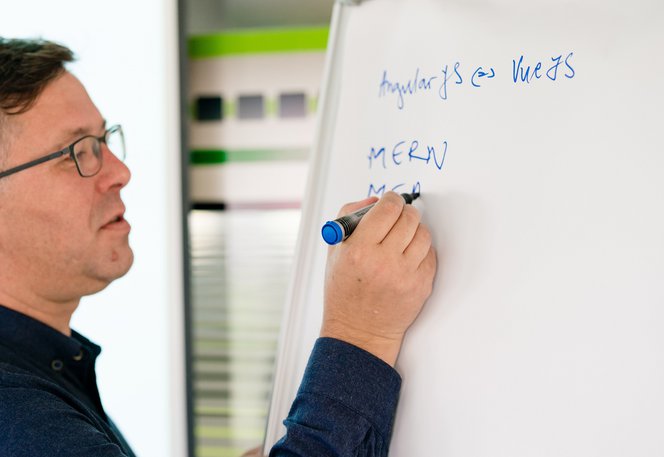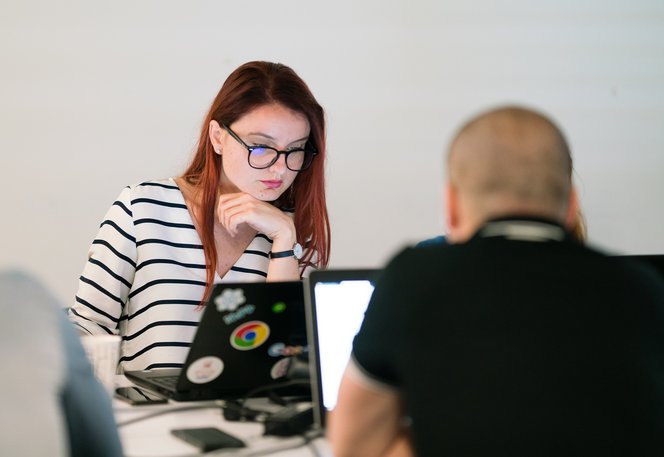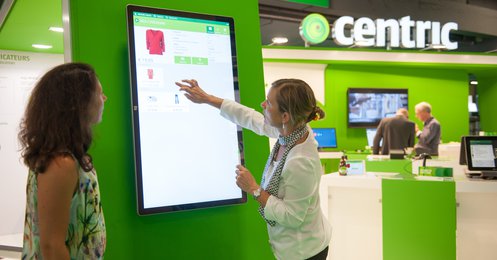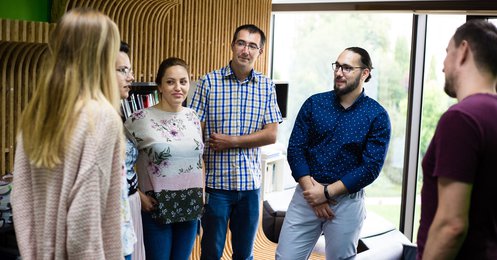In general, whenever someone discovers a problem, they can choose to solve it or leave it as it is. Sometimes it’s better to leave it since fixing it would cost too much or cause other problems. Often though, people can choose to solve the problem. How they choose to solve it shows their level of innovation.
If they have a fixed mindset, they will choose to solve the problem in the same way they have before, without looking for more efficient processes. In this case, the level of innovation is almost zero. If you have people with a growth mindset, they will struggle to solve the problem in new and innovative ways because they want to strive for excellence, learn new skills, and become a more well-rounded professional. For them, learning never stops. For them, innovation is something natural. Their growth mindset pushes them to find new ways of solving problems.
That’s what makes Centric an innovative company. We really support researching new ways of solving problems. There is a lot of openness for new and different things here. And this starts with people. If you have people who are really locked into what they are doing – they don’t want to learn, take a course, read books, go to a workshop, make connections to what they have learned and apply it in creative ways – then they will not be able to adapt and innovate.
Innovation does not have to mean making brand new discoveries or inventing new algorithms. It can also mean having a great group of people, thinking outside the box, and delivering mind-blowing solutions and approaches.
